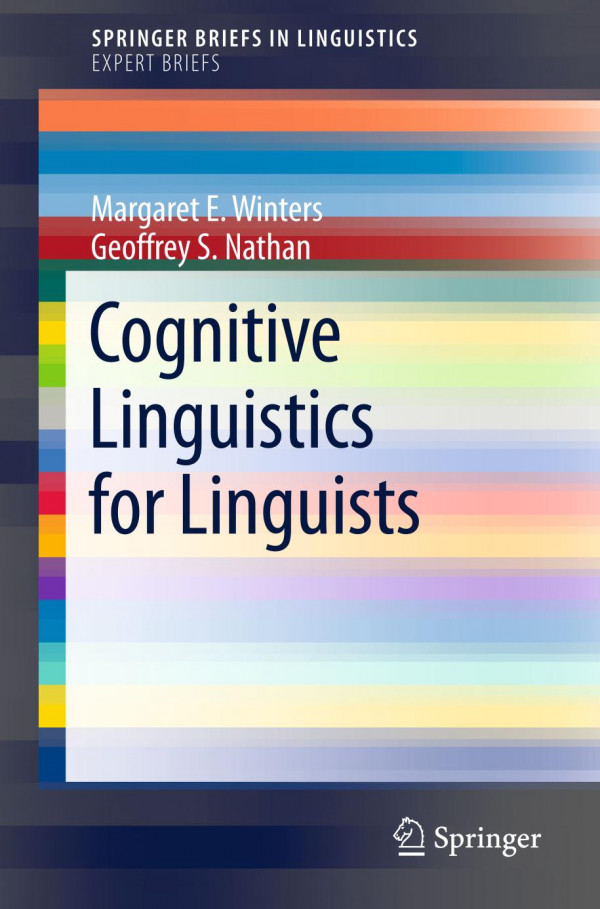

Most ebook files are in PDF format, so you can easily read them using various software such as Foxit Reader or directly on the Google Chrome browser.
Some ebook files are released by publishers in other formats such as .awz, .mobi, .epub, .fb2, etc. You may need to install specific software to read these formats on mobile/PC, such as Calibre.
Please read the tutorial at this link: https://ebookbell.com/faq
We offer FREE conversion to the popular formats you request; however, this may take some time. Therefore, right after payment, please email us, and we will try to provide the service as quickly as possible.
For some exceptional file formats or broken links (if any), please refrain from opening any disputes. Instead, email us first, and we will try to assist within a maximum of 6 hours.
EbookBell Team

5.0
30 reviewsThis volume offers an introduction to cognitive linguistics, written by authors who were engaged in the field from its beginnings. It starts by reviewing these early studies and provides an overview of the sources and conceptual underpinnings of the theory. This is followed by a description of how cognitive linguistics has been (and continues to be) applied in all subcomponents of language study. From the point of view of the history of Linguistics, it presents the evolution of the theory over time in a range of directions, including its view of the nature of Language itself, as well as how it is acquired. The final chapter provides an overview of relatively new approaches, in particular those which are provoking a significant challenge to the generative account.